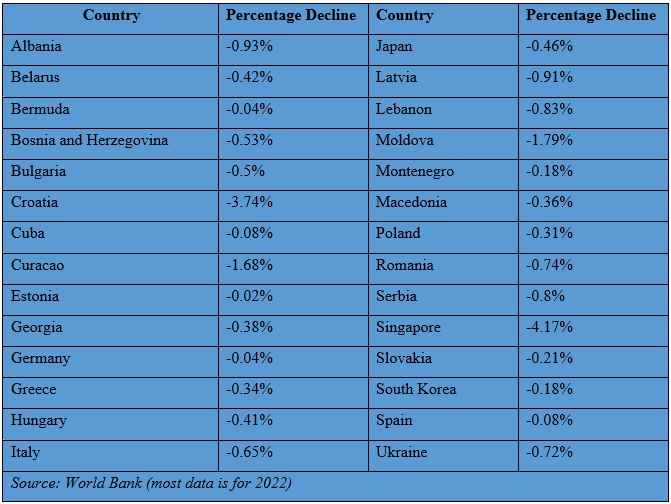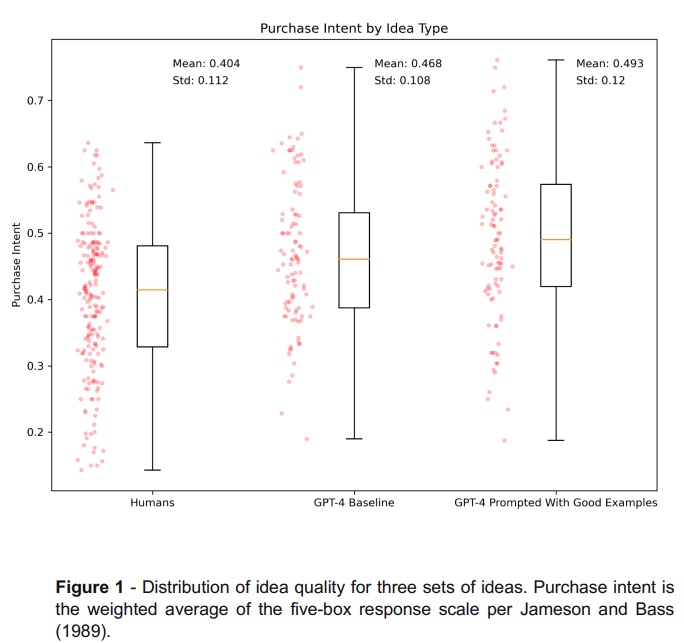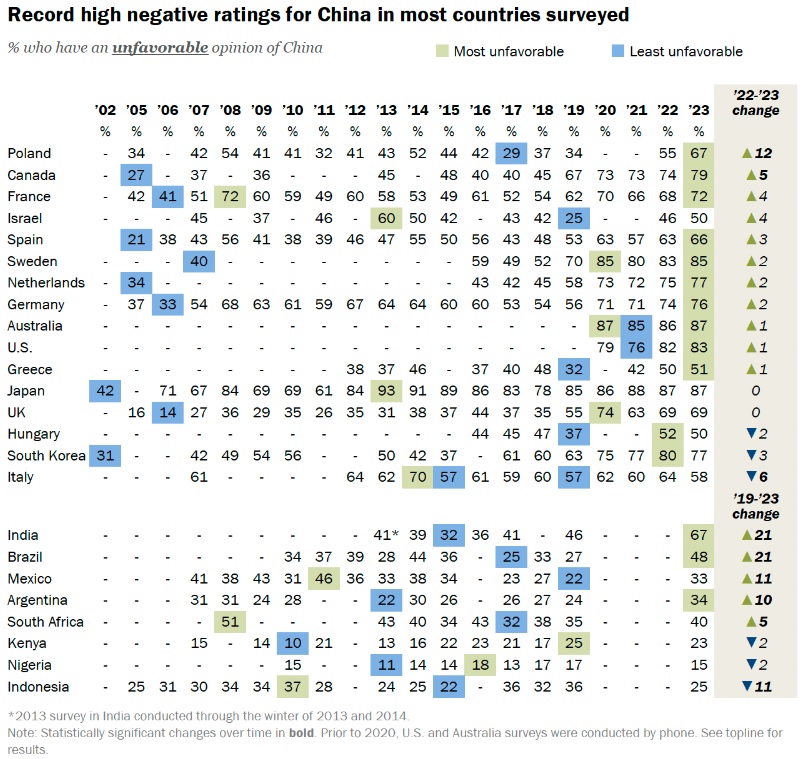A friend and I sat in the basement bar of the hotel, a block or so from the White House, watching the election returns on the TV while nursing our drinks. We were the only customers in the place but not the only people. It was crammed with hotel workers, nearly all black or people of color, many of them immigrants. No sheets were being folded, no carpets vacuumed at that moment. One of the immigrant workers, who moved to America from a country in Africa (we forget which one), explained the electoral college to us as we watched the television. Although many years previous we had worked for a congressman on capital hill, this hotel worker, this immigrant, this aspiring American, knew far more about the intricacies of the electoral college than we did.
We happily discussed the unfolding vote reported on the TV and asked him questions about the electoral college, which he answered in earnest deep detail. At a certain point, as the results continued to scroll on the television, he informed us, quite excitedly, that Obama almost certainly had won. Indeed, a few minutes later the network declared that Obama had defeated John McCain to become the 44th president of the United States. The employees of the hotel assembled in the bar all cheered. After a while, the television showed footage of people running to the White House…right past our hotel. With our friend we went outside and walked to the White House where at one point the congregated crowd spontaneously started singing the Star Spangled Banner. At some point during that gathering in front of the White House, John McCain conceded, saying among other eloquent words, “We fought — we fought as hard as we could. And though we fell short, the failure is mine, not yours.”
We try not to fail in presenting which countries have shrinking populations, how AI can generate ideas better than humans, and why China is no prom queen. It’s this week’s International Need to Know, at Tuesday’s MLB trade deadline swapping rumors for global facts and random numbers for hard cold international data.
Without further ado, here’s what you need to know.
Which Countries Are Shrinking?
You of course know China’s population started declining this year.* And it’s well known that both Japan and South Korea’s populations dwindle like at the end of a long demographic party. But did you know 33 countries have seen their populations decrease in 2023? Yes, it’s true. We didn’t realize this until we started looking at the data. Most of these shrinking countries are in Europe and Asia but the list also includes Cuba, Curaçao and Bermuda (their shorts got too tight or something?). We had not realized that Germany experienced population decline last year and Poland too. All of this is more evidence for our prediction of the coming great competition for immigrants. Many people in Europe, America and Asia have expressed a disdain for immigration to their countries. But sooner than they realize they will need them to remain viable. We are fast approaching an age when the world becomes lonely.
*Officially. China’s population may have stared declining five years ago
AI Is Better At Generating Ideas Than Humans
We don’t see people paying attention to the Large Language Model (LLM) AI revolution as much as earlier in the year when it was all the rage. But it continues to churn whether we pay attention or not. As just one example, researchers tested whether LLM AI is better at coming up with ideas than humans. To do so they compared the idea generating capabilities of students at elite universities (we hope they didn’t choose a bunch of legacy admissions) to ChatGPT4. Apparently in the design and innovation courses at places like Wharton, students are asked to develop ideas for a business—a physical product that can retail for less than $50. For example, a student came up with the idea of convertible high-heel shoes so one could walk comfortably to a stylish event and then convert the shoe to fashionable footwear. At any rate, the researchers randomly selected 200 ideas from the students and then prompted ChatGPT4 to generate “100 ideas without providing examples of good ideas and another 100 after providing access to examples of good ideas.” ChatGPT could not only produce more ideas more quickly than students but also better ones. Good ideas were measured by having people respond with an “intent to purchase” when presented the product ideas. “The average purchase probability of a human-generated idea is 40.4%, that of vanilla GPT-4 is 46.8 percent and that of GPT-4 seeded with good ideas is 49.3%.” Not only that but ChatGPT generated the highest rated idea and of the top 40 ranked ideas, 87 percent were generated by machine, not human. Seems like a good idea would be for humans to start using AI more.
China Corner: China Is No Prom Queen
We attended our high school reunion last weekend (10th, for those counting). We don’t remember who was voted most popular back in the day but at our age it no longer mattered. There are no prom queens or kings as we get older. But popularity of countries can matter and China continues to be unpopular among many countries. Last week, Pew Global released their latest survey on views of China. They surveyed 24 countries and as you can see in Pew’s chart below, China is very unpopular amongst rich countries. China does better with middle income countries. Among two of the so-called BRIC countries—India and Brazil—China is not popular.* In fact, among the good folks of India—now the most populous country in the world—67 percent have an unfavorable view of China. In Brazil, even though the current president is trying to build close relations with China, nearly half of Brazilians have a negative view of China. Being economically belligerent, oppressing your people at home and helping authoritarian regimes around the world will not make you prom queen in the world.
*We suggest they evict China, add Ethiopia and become BRIE—and then prepare for a lawsuit from France who they can then add and submit a BRIEF to the court




